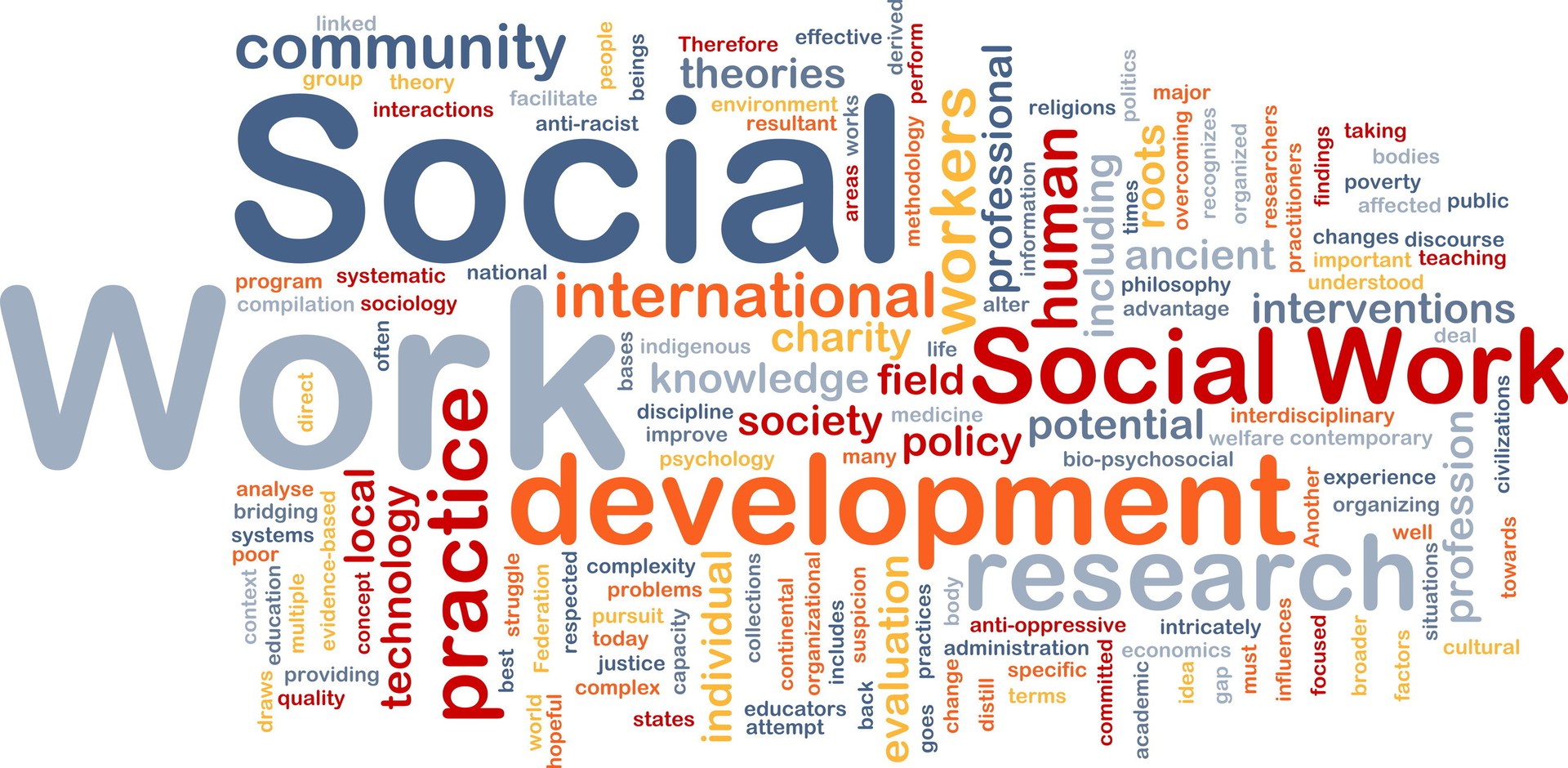Title
Subjective Well-Being for Children in a Rural Community
Journal Title
Journal of Social Service Research
Publication Date
2014
Abstract
This study examined indicators of rural children's subjective well-being and the prediction of well-being indicators from person variables as well as home, life, neighborhood, school, and peer-group contexts. Seventh-grade children (Mage = 13 years, age range = 12–14 years) in a rural Midwestern U.S. community (N = 149) completed an adapted version of an international survey measuring children's subjective well-being and ecological contexts in childhood and adolescence. Indicators of children's subjective well-being (including life satisfaction, mental health, and self-image) were significantly correlated with all home, life, neighborhood, school, and peer contexts except life stress. Regression and bootstrap analyses suggest that the strongest predictors of both life satisfaction and mental health were school satisfaction and family, teacher, and peer relationships. The strongest predictors of self-image were gender, number of residences, school satisfaction, and teacher and peer relationships. Findings suggest that a model of subjective well-being that accounts for relational factors, as well as person and other environmental factors, is potentially useful for understanding children's subjective well-being. Results are discussed in the context of ecological, relationship-based interventions from early childhood through school-age years. Future studies should test this model with samples diverse in child age, culture, and geographical locations.
Keywords
Childhood, subjective well-being, ecological context, rural, relationships
Document Type
Article
Disciplines
Social and Behavioral Sciences | Social Work
Volume
40
Issue
5
First Page
642
Last Page
661
DOI
10.1080/01488376.2014.917450
Recommended Citation
Newland, Lisa; Giger, Jarod T.; Lawler, Michael J.; Carr, Eliann R.; Dykstra, Emily A.; and Roh, Soonhee, "Subjective Well-Being for Children in a Rural Community" (2014). Department of Social Work. 51.
https://red.library.usd.edu/socialwork/51


